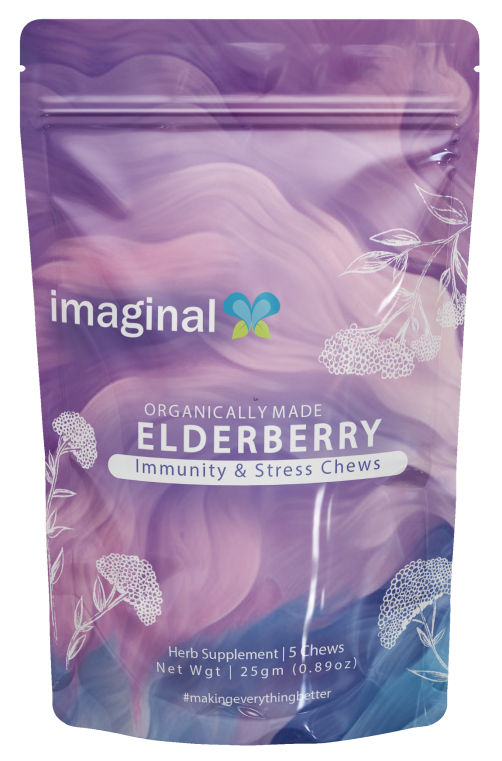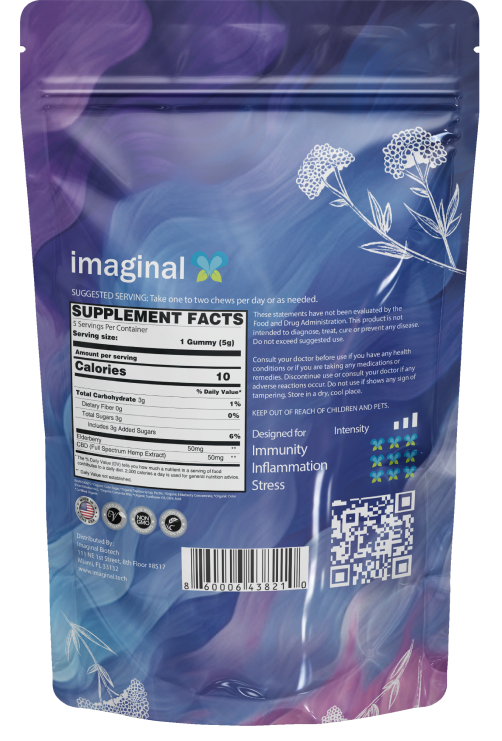Since the Farm Bill 2018, CBD products have become more popular, especially in the medical, wellness, and recreation industry.
By allowing the cultivation of Hemp on U.S. soil (worth $824mn in 2021), the CBD industry has seen significant growth in the past four years.
Although the FDA has approved CBD products federally the situation has multiple nuances.
For instance, not all 50 states are on the same page in response to a straightforward question: Is CBD legal?
This post will uncover the current legality of CBD products in every state in the U.S as of 2022.
Table of Contents
- What is CBD?
- Why Is CBD The Most Researched Compound Today?
- Why Does Selling CBD Have Legal Limitations?
- The Farm Bills And CBD Legalization History
- The Current Legal Status of CBD In All 50 States of U.S
- States That Have Legalized Medical Marijuana And CBD Products
- States That Have Legalized Hemp-Derived CBD Product With Less Than 0.3% THC
- States That Have Legalized Medical CBD with Less Than 0.5% THC
- States That Have Legalized CBD with Less Than 0.9% THC
- States With Exceptional Laws
- The Future Of CBD and Legality
What is CBD?
Before going into depth about the legalization of CBD, we first need to understand what CBD is!
The terms CBD, Hemp, Cannabis, cannabinoids, etc., are all over the internet these days and can be very confusing.
The genus Cannabis is a taxonomic term that refers to about 170 flowering plant species that belong to the family Cannabaceae.
Cannabis, hemp, and marijuana are all plants belonging to the same Cannabaceae family but have some botanical or cultural differences.
Hemp, scientifically known as Cannabis sativa L., is a specific type of cannabis.
Though both hemp and marijuana are part of the same family, they have different characteristics and chemistry.
Phytocannabinoid Cannabidiol (CBD) and Phytocannabinoid Tetrahydrocannabinol (THC) are the most commonly known, researched, and studied out of eighty biologically active chemical compounds found in Cannabis plants.
CBD is a non-intoxicating chemical found in abundance in hemp, whereas THC found in marijuana causes intoxication when consumed.
Why Is CBD The Most Researched Compound Today?
CBD is technically psychoactive in nature.
As we mentioned in a past post, however, it's not intoxicating in the context of these definitions:
According to medical experts, a psychoactive substance is one that changes a person’s mental state by affecting how their central nervous system or brain work. When a person’s mental state is altered, they might notice a change in their mood, perception, or consciousness.
...an intoxicating substance is one that, when taken, can cause someone to lose control of their faculties or behavior. The most common example of an intoxicating substance is alcohol.
Strong scientific evidence proves its effectiveness in treating conditions like Lennox-Gastaut syndrome (LGS) and Dravet syndrome.
Additionally, Epidiolex is the first medicine approved by the FDA to treat rare, severe forms of epilepsy which contains CBD as the active ingredient.
Human and animal research suggests that CBD may also help with:
Why Does Selling CBD Have Legal Limitations?
The level of THC in any cannabis-derived product is the legal defining line in U.S. federal law.
For example, hemp generally contains 0.3% THC or less, and hemp-derived CBD products have only traces of THC if the extraction process is done correctly.
Any product containing more than 0.3% of THC is considered illegal federally because it tends to intoxicate the consumer.
Marijuana-derived CBD is considered a Schedule I drug (having a high potential for abuse) under The Controlled Substances Act (CSA).
However this status could change soon.
On Oct 7, President Joe Biden announced that along with pardoning offenses related to marijuana possession, he also announced steps to examine the reclassification of marijuana.

Some U.S. states have already legalized marijuana for medical, recreational, or personal adult use (more on that later).
Marijuana-derived CBD is currently regulated under the Federal Food, Drug, and Cosmetic Act (FD&C Act).
The Farm Bills And CBD Legalization History
The 2014 Farm Bill (Sec. 7606) paved the way to generate and protect industrial hemp research; it expired on December 31, 2021.
But the 2018 Farm Bill continued this effort.
The 2018 Farm Bill made considerable progress toward making CBD legal by removing hemp-derived CBD having less than 0.3% THC (on a dry weight basis) from the Schedule I of CSA and legalizing hemp cultivation on U.S. soil.
As a result, hemp and hemp-derived CBD is legal in the U.S. with severe restrictions.
As of December 2020, 15 states have removed state prohibitions on medical and recreational marijuana or the marijuana-derived compound CBD use by adults age 21 or older.
In October 2021, California passed California Assembly Bill 45 in stark contrast with FDA's current position on CBD, allowing it to be included in any dietary supplements, food, and beverages sold in California.
The Current Legal Status of CBD In All 50 States of U.S
Is CBD legal in all 50 states of the U.S.? The answer is: Yes!
However, the laws legalizing CBD vary from state to state, and this section on State Medical Cannabis Laws will have the latest details.
There is an increasing divergence between state and federal law in the area of marijuana and CBD, and it raised several legal considerations for the 116th Congress.
Today, 35 U.S. states and the District of Columbia have passed laws allowing the medical use of cannabis.
Below is a complete summary of the legality status of CBD in all 50 states
States That Have Legalized Medical Marijuana And CBD Products

- Connecticut
- Maine
- Massachusetts
- New Hampshire
- New Jersey
- New York
- Pennsylvania
- Rhode Island
- Vermont
- Illinois
- Michigan
- Minnesota
- Missouri
- South Dakota
- North Dakota
- Nebraska
- Ohio
- Arkansas
- Delaware
- Florida
- Louisiana
- Maryland
- Alaska
- Arizona
- California
- Colorado
- Hawaii
- Kansas
- Washington
- West Virginia
- Idaho
- Montana
- Nevada
- New Mexico
- Oregon
States That Have Legalized Hemp-Derived CBD Product With Less Than 0.3% THC
These states limit CBD to hemp derived and impose a limit of 0.3% THC

- Wyoming
- Texas
- South Carolina
- Oklahoma
- Tennessee
- Georgia
- Alabama
- Indiana
- Kentucky
- Mississippi
States That Have Legalized Medical CBD with Less Than 0.5% THC

- Virginia
- Texas
- Mississippi
- Kansas
States That Have Legalized CBD with Less Than 0.9% THC

- North Carolina
- South Carolina
- Tennessee
States With Exceptional Laws
- North Carolina: didn't legalize the cultivation of hemp.
- Iowa: legalized only those CBD products following Iowa Code–chapter 124E.
The Future Of CBD and Legality
Farm Bill 2018 and the Improving Regulatory Transparency for New Medical Therapies Act were promising steps in the direction to facilitate research involving Schedule I drugs, including marijuana and CBD.
In addition, Congress may pass further legislation to facilitate CBD manufacturing for medical research purposes.
The FDA keeps on tweaking and changing regulations related to CBD and THC.
For instance, it has sent warning letters to companies prohibiting the use of CBD in dietary supplements,
However, there's plenty of confusion around legality issues and much needs to be done even at the federal level.
For instance the VA — a federal agency— reportedly discourages use of CBD even if it has the federally permissible 0.3% THC content.

(This post is written by Zara A. Khan, a freelance writer specializing in the CBD niche)




